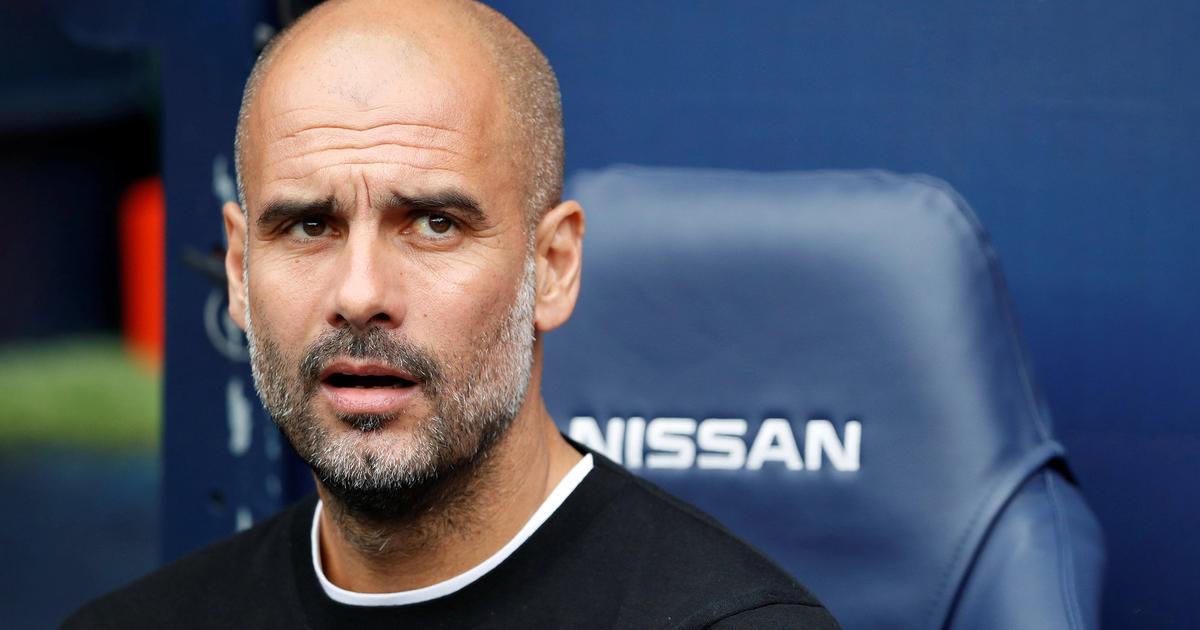(Photo credit: REUTERS/Phil Noble)
The sense of surprise at Labour’s sweep to victory in the General Election of 1945 has been well-recorded.
The leader in the Express on election day observed ‘There are reasons for expecting that, by tonight, Mr. Churchill and his supporters will be returned to power’.
Churchill’s ratings in the opinion polls during the war had rarely fallen below 80 percent and he was facing off against a man so shy he was once said to have been referred to as ‘clam’ Attlee by the king.
But that sense of surprise slowly dissipated in political commentary in the decades after the end of the second world war.
Instead, Labour’s ascent seemed the inevitable outcome of a ‘people’s war’ in which big government established itself and set a political and economic consensus which would not truly be challenged until the arrival of Margaret Thatcher.
Rewriting history?
Yet the idea that Labour’s election victory was somehow an inevitable political materialisation of the Beverage Report has now been thoroughly discarded.
Instead, historians have re-constructed events as they must have felt at the time: as a combination of hard-work, some luck and some political skill.
Which brings us — sort of — to Pep Guardiola. There has been a curious tendency in recent weeks to regard Guardiola’s league victory with weary disdain.
(Photo credit: REUTERS/David Klein)
City’s triumph was inevitable, they say, a mega-rich club filled to the brim with mega-talent, managed by a man whose success has only ever come delivered to him on a silver platter.
More than this, Guardiola’s teams seem to represent the grim establishment of a two-tiered European football system, where the super-elites stroll to league victory before doing battle in the later stages of the Champions League.
What is success?
This is a curious tendency. For sure, Guardiola’s success — and seven league titles in nine seasons as manager of Barcelona, Bayern Munich and Manchester City are undoubtedly just that — has come at the helm of some of Europe’s elite clubs.
And the fact that his teams have been found tactically wanting in a handful of Champions League knockout matches does leave space for conjecture as to whether he will find the formula to capture that most esteemed prize again.
(Photo credit: Reuters/John Sibley)
But the idea that Guardiola’s (comparatively small) Champions League troubles in some way compromise him as a tier-one manager is nothing short of an injustice.
For one thing, he has already equalled Alex Ferguson’s record of two European titles — with quite a few years left to add to his collection.
Reinventing football
More significantly, Guardiola’s contribution to European football has been nothing short of remarkable.
The Barcelona team between 2008 and 2011 defined an era of European football in a way few other teams ever have or will.
(Photo credit: REUTERS/Albert Gea)
Tiki-taka might be bemoaned by a certain breed of old-school commentariat but its intricacies, the speed of thought and vision required, the sense of enjoyment it seemed to convey, were not just training-ground fripperies but a reinvention of how to engineer space on a football pitch.
That Guardiola has had the courage to implement the same strategy here in the Premier League, confronted throughout his first season with journalists smug that his methods had been ‘found out’ in the tough climes of the up-and-at-‘em British game, is all the more impressive.
The gods of narrative
The lack of respect Guardiola has received points to a broader problem in football journalism. The obsession with short-term ‘narrative’ often obscures a more obvious bigger picture.
A striking short-term example occurred during Liverpool’s recent victory over Roma: Jurgen Klopp turned from tactical genius to naive chancer in the space of one mistimed Dejan Lovren header and one spurious hand-ball decision.
(Photo credit: Reuters/Carl Recine)
Manchester City’s travails show a similar story. In the first leg against Liverpool, had offside calls been reversed for Liverpool’s opener and City’s disallowed goal, the game suddenly becomes a case of a good away goal for Manchester City to take into the second leg.
Similarly, had a couple of decisions gone City’s way in the reverse fixture, then suddenly we might have been talking about one of the great Champions League performances.
Only as good as your last result...
But football is a game of fine margins and the record will show two Manchester City defeats.
That we have the benefit of a bigger picture should allow us a more balanced perspective than the idea that Guardiola is fraudster whose European success only came with a Barcelona team so good it would have been harder to lose.
Instead, we should view the league triumphs as what they are: the record of a man second to no-one currently in charge of a European football team.
What do you think? Is Guardiola undervalued? Let us know your thoughts by commenting below.
Explore new topics and discover content that's right for you!
News



